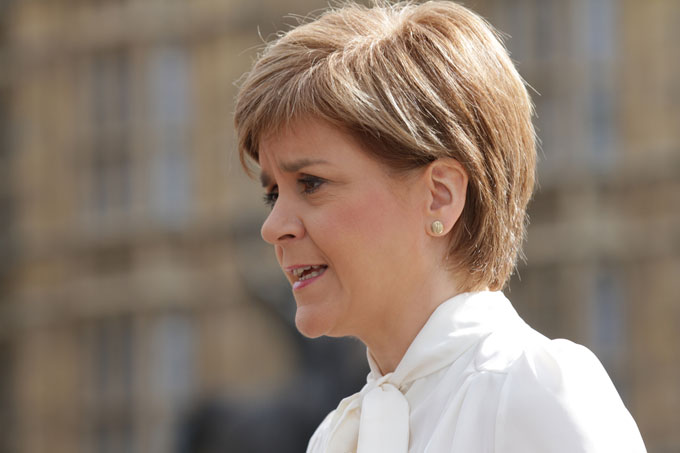Paul Anderson examines what the election results mean for Indyref2 and Scottish politics.
The results may be in, but the parties continue to spar over who won the election north of the border.
The leader of the SNP and incumbent Scottish First Minister, Nicola Sturgeon has already claimed victory, pointing out that the SNP has not only won most seats but has won more seats than all the other parties combined.
Her Party, however, has lost prominent figures, including its former leader, Alex Salmond and the leader of the SNP in Westminster, Angus Robertson. Not only this, but the SNP’s share of the vote has fallen in every constituency and swings to pro-Union parties, namely the Conservatives, have even reached double figures. The Scottish electoral map is no longer a sea of nationalist yellow.
For the pro-Union parties, the election also delivered significant, surprising and indeed historic results. The Scottish Conservatives’ strong Unionist and opposition to Indyref2 message has clearly gone down well with many voters, securing the party a total of 13 seats.
For Labour, there was initial hesitance at talk of a revival, but the Party has manged to cut through the constitutional chatter and win back some of the seats it lost only 2 years ago, taking its total to 7. The Corbyn effect has clearly benefited the Party north of the border. The Liberal Democrats have begun also to reclaim some ground in Scotland, winning a total of 4 seats.
The constitutional issue, despite attempts by the SNP to downplay its significance, featured highly in this election. The referendum in 2014 failed to settle the matter, while the Brexit referendum has further polarised the constitutional debate.
The Scottish government has called already for a second independence referendum, and having won most seats the SNP now have that ‘triple lock’ mandate to hold Indyref2. Yet, it appears logical to conclude that the strong Unionist vote is clear evidence that a significant number of Scots do not want to vote on the independence issue so soon after the referenda in 2014 and 2016.
Theresa May’s gamble to hold the election has not paid off, but the results in Scotland show that Sturgeon’s gamble vis-à-vis Indyref2 has not reaped the electoral dividends many thought it would.
After winning 12 seats from the SNP, the Scottish Conservative leader Ruth Davidson has proclaimed the prospects of Indyref2 ‘dead’. Nicola Sturgeon, unsurprisingly, chose other words but admitted a period of reflection on the issue was necessary. Brexit will continue to dominate discussions at Westminster, but while it is not clear what this means for Indyref2, it is certain that constitutional turbulence is as much as issue of the future as it was of the past.
The SNP, having won most seats, are entitled to claim victory, but with most votes, the pro-Union parties also have cause, perhaps more so, for celebration.
Paul Anderson is a PhD candidate with Politics and International Relations, with a focus on constitutional politics, federalism and independence movements.
 Expert comment
Expert comment Jeanette Earl
Jeanette Earl 675
675


